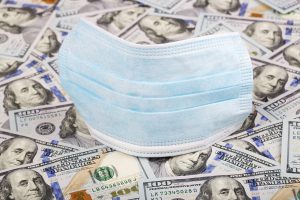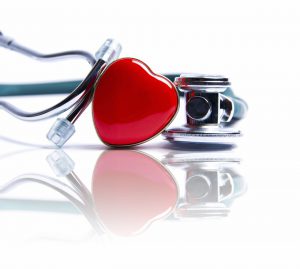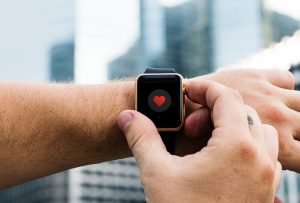As everyone is now aware, we are currently in the middle of a global pandemic. This week, Italy recorded its lowest death toll since the beginning of the outbreak, but other countries, including the U.S., cannot say the same. Coronavirus cases in the U.S. have now surpassed those of China and Italy, leaving the U.S. as the global leader in cases. As of April 1, the current total number of cases in the U.S. was 186,101, with 3,603 deaths.

The spread shows no signs of slowing down, with some reports indicating that the number of cases is doubling every two days. New measures are being taken to help slow the spread of the virus, to ensure more Americans are receiving healthcare, and to boost the economy.
Cost-Sharing Fees Waived
Health insurance providers Cigna and Humana have waived cost-sharing fees for treatment of and testing for the coronavirus. Patients will not have to pay any deductibles, copays, or coinsurance. Aetna has also signed on to some of this arrangement, but will only waive cost sharing for inpatient hospital admissions related to the virus.
New Telehealth Guidelines
Under the president’s 1135 waiver authority and the Coronavirus Preparedness and Response Supplemental Appropriations (CARES) Act, telehealth services have been expanded. The expansion is considered temporary and is on an emergency basis. Services and costs will be covered in order to prevent people making unnecessary trips to the doctors’ office. Medicare will also cover these services for their beneficiaries so that they will be able to speak to their doctor from the safety of their own homes.
Job Loss & Stimulus Checks
With many states issuing “stay at home” orders, many businesses that are considered nonessential have been forced to close and Americans have been losing their jobs at record rates. The number of jobless claims, currently 3.3 million, continues to rise, marking the largest unemployment rate jump in U.S. history. To help with this situation President Trump has signed a $2 trillion bipartisan economic stimulus bill. The bill includes $1,200 government checks for individuals making under $75,000 a year, and an expansion of unemployment insurance.
Malaria Drug Trials

The malaria drug hydroxychloroquine showed promise in fighting coronavirus in a small trial of patients in a Chinese study. Those who received the drug experienced a quicker spike in their fevers and coughs than those without the treatment. This faster spike meant that the patients experienced shorter periods with coughs and fevers, suggesting that the drug can help speed recovery time. The FDA has issued an emergency authorization for experimental treatments of this drug. Hydroxychloroquine will be “distributed and prescribed by doctors to hospitalized teen and adult patients with COVID-19, as appropriate, when a clinical trial is not available or feasible,” HHS said. The FDA has allowed New York to begin using the drugs to treat seriously ill patients as part of an “observational” trial.

